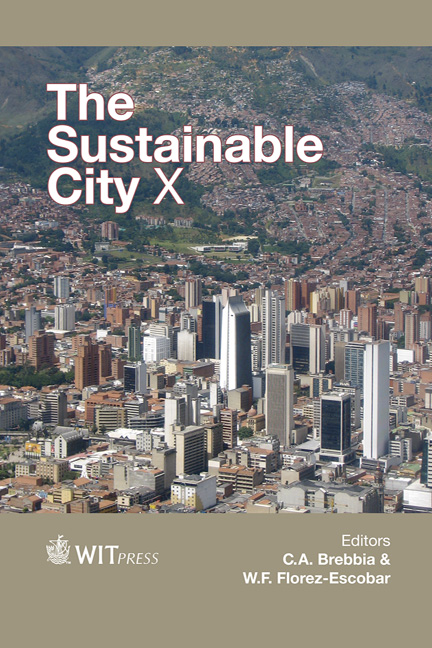Can Urban Planning Deliver Sustainable Outcomes: Measuring The Association Between Urban Structure And Form And Sustainable Household Behaviour
Price
Free (open access)
Transaction
Volume
194
Pages
11
Page Range
131 - 141
Published
2015
Size
3,313 kb
Paper DOI
10.2495/SC150121
Copyright
WIT Press
Author(s)
M. Grosvenor
Abstract
Global commitments to make urban areas more sustainable coincide with debate over the type of urban structure and form to achieve it. This debate has caused confusion amongst planners and decision makers as to the correct planning position to take. In my PhD research, I re-examined previous research that measured the extent to which urban form induces sustainable outcomes and concluded that alternative methodologies were required for measuring and mapping urban structure and form, using Australia’s largest metropolitan area, Sydney, as a case study. I argue that density is an inaccurate proxy for representing urban structure and form difference and recommend an urban structure and form typology approach to better represent differences. I also argue that only by understanding the behavioural choices of households can we compare the relative sustainability credentials of different urban structure and form contexts. The research findings have important implications for urban planners and policy makers. Future planning strategies should provide a clearer understanding of the actual direct influence different urban structure and form types can deliver from a sustainable behaviour perspective, rather than relying on the broad belief that density increases will deliver sustainable outcomes.
Keywords
sustainability, urban form, urban structure, density, household behavior





